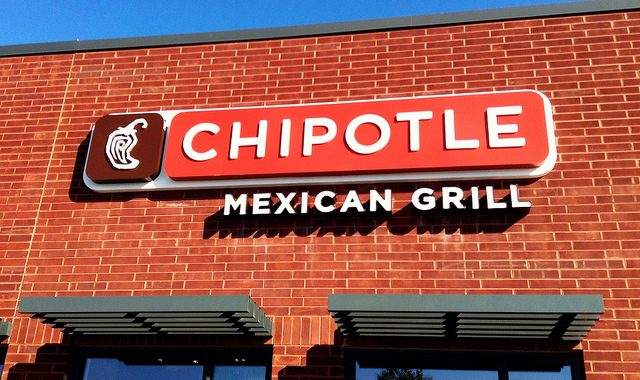
A new year means new resolutions, one of the most popular being to develop a healthier lifestyle. Over the past few months, diets such as keto and paleo have generated more popularity by those looking to live a healthier lifestyle. Along with this, the well-known Whole30 diet has been used by many at the beginning of the new year to lose weight. Because these diets have become so popular, brands have implemented strategies to reach dieters. However, brands that don’t meet the dietary restrictions may end up losing business. Globally known fast-food joint Chipotle has customized four different options for consumers with a dietary restriction: paleo, keto, Whole30 and high protein diets.
Chipotle is considered to be one of the healthiest fast-food chains, and offers various choices of ingredients, like tofu, for everyone to create their perfect dish. However, the addition of customized meals to specific diets is a concept no other fast-food place has done. Yes, most chains offer a vegan or vegetarian option, but the new Chipotle menu is different because it is easy for those with a dietary restriction to comprehend what ingredients they can consume, in the best tasting way possible.
The brand was able to recognize the large variety of customers who had been ordering specific ingredients for their meal and brainstormed the idea of having a few orders specifically catered to those who are following diets. In doing this, the new Chipotle menu has had numerous mentions in the news as well as on social media. Popular influencers have gone to the chain restaurant and taste tested all four bowls and rated them. This public exposure is essentially free marketing for the brand. The use of influencers for brand exposure is often successful, yet this free promotion is very successful because it is at either a very low or no cost to Chipotle.
In the previous years, Chipotle circled around its E. coli crisis. Because of this, many consumers have drifted away from the chain. However, Chipotle ambassadors believe that these new lifestyle bowls may bridge the gap between the chain and fearful consumers. BTIG analyst Peter Saleh told Business Insider, “We believe the introduction of these bowls has low-risk but high-return potential as they cater to consumers’ prevalence for lifestyle/diet-oriented meals while utilizing existing ingredients already in the restaurant.”
Overall, the addition of lifestyle bowls is shaping up to be a beneficial and low-cost marketing tool, based on the amount of publicity the new Chipotle menu has received. In the near future, more restaurants may begin to follow in their footsteps.
